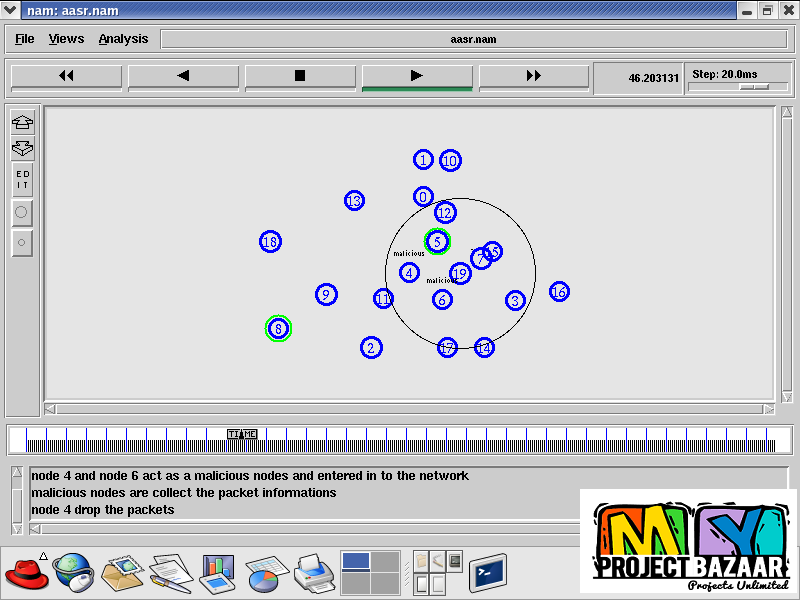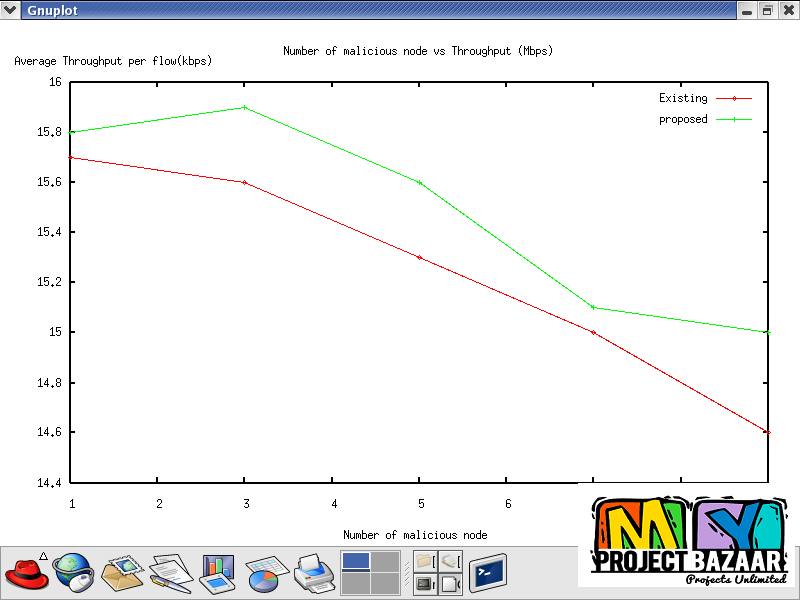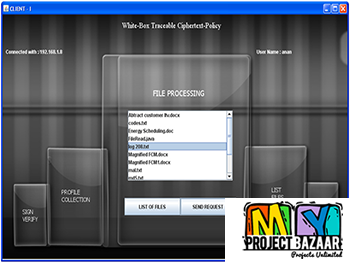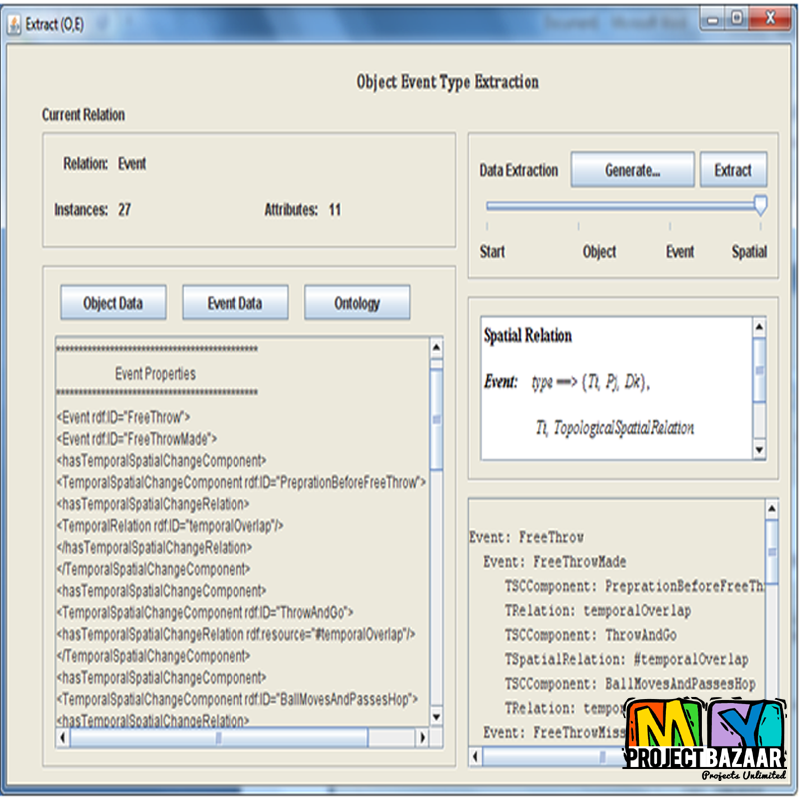
Thwarting Intelligent Malicious Behaviors in Cooperative Spectrum Sensing
Product Description
Thwarting Intelligent Malicious Behaviors in
Cooperative Spectrum Sensing
Abstract— Thwarting Intelligent Malicious Behaviors in Cooperative Spectrum Sensing. Sensing falsification is a key security threat in cooperative spectrum sensing in cognitive radio networks. Intelligent malicious users IMUs < Final Year Projects 2016 > adjust their malicious behaviors according to their objectives and the network’s defense schemes. Without long-term collection of information on users’ reputation, the existing schemes fail to thwart such malicious behaviors. In this paper, we construct a joint spectrum sensing and access framework to thwart the malicious behaviors of both rational and irrational IMUs. Lack of reputation information makes the malicious behavior resistance degrade performance since the honest users may be misjudged as IMUs. Based on the moral hazard principal-agent model, we design an incentive compatible mechanism to provide a moderate punishment to IMUs. Our findings show that neither spectrum sensing nor spectrum access alone can prevent malicious behaviors without any information on users’ reputation. According to the different properties of malicious behavior resistance by spectrum sensing and spectrum access, we employ joint spectrum sensing and access to optimally prevent the IMUs sensing falsification. The proposed malicious behavior resistance mechanism is shown to achieve almost the same performance as the ideal case with truthful sensing.
Including Packages
Our Specialization
Support Service
Statistical Report

satisfied customers
3,589
Freelance projects
983
sales on Site
11,021
developers
175+Additional Information
| Domains | |
|---|---|
| Programming Language | NS2 |


















